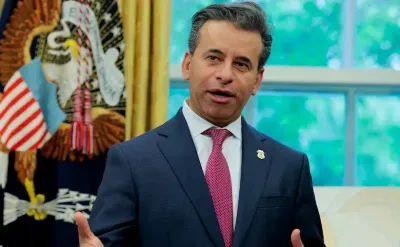Samuel Kamalesan, a Protestant, declined to conduct the rituals, which he said violated his religious beliefs.
(LifeSiteNews) – India’s Delhi High Court has upheld the dismissal of a Christian army officer who refused to conduct ritual prayers inside a Sikh temple, citing fidelity to his religious beliefs.
Samuel Kamalesan, a Protestant Christian and troop leader in the Sikh Regiment, had challenged his March 2021 termination for “indiscipline.” His refusal to lead weekly religious parades into the Gurudwara’s inner sanctuary was, he argued, a matter of Christian conscience.
But the court, in a May 30 ruling, sided with the military. “Kamalesan has kept his religion above a lawful command,” the bench concluded, calling his refusal an “act of indiscipline.”
READ: Hindu extremists are preventing Christian converts in India from burying their dead
As troop leader, Kamalesan was required to lead Sikh soldiers in prayer at their regimental temple. He declined to enter the sanctum or conduct the rituals, citing his monotheistic Christian beliefs. Court records show he offered to stand in the courtyard instead.
Military attorneys said his refusal – which he made after seeking counsel from a chaplain – had an "adverse effect on the morale and motivation of the troops he commands.”
Kamalesan argued that his limited exemption was meant to honor the sanctity of the Sikh shrine and to avoid sacrilege. The court rejected this, finding his disobedience persistent and contrary to military cohesion.
The ruling bars Kamalesan from military reinstatement and denies him benefits such as pension or gratuity.
READ: Proposed change to India anti-conversion law could see Christians put to death for evangelizing
UCA News reported that a Catholic officer supported the court's decision, stating that Christian officers routinely perform Hindu and Sikh rituals in uniform.
“Without the army uniform, I may be a Catholic,” the officer said. “But with the uniform, I’m part of my regiment and will follow the disciplines of the force.”
The Catholic Church, however, forbids Catholics from actively participating in non-Catholic rites. Canon Law tolerates a “passive or merely material presence” at such rites, but only for proportionate causes and when “provided danger of perversion and scandal is absent.”
Justices Navin Chawla and Shalinder Kaur handed down their ruling on Kamalesan's case on May 30.

